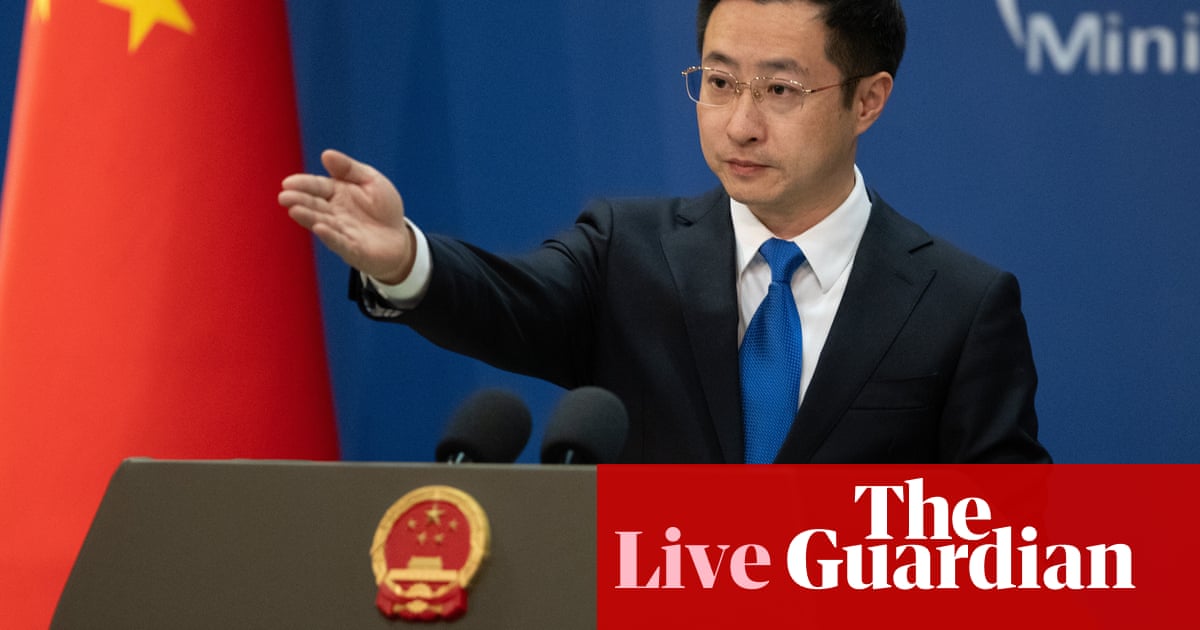The article delves into the recent tensions arising from a trade deal between the UK and the US, which China perceives as a direct threat to its economic interests. The report highlights China's criticism of the agreement that could potentially exclude Chinese products from British supply chains. Additionally, it covers the potential implications of Aviva's acquisition of Direct Line, which is under scrutiny by the UK's competition regulator.
China's Response to the Trade Deal
China’s reaction reflects its concerns about international trade agreements that seem to target specific nations. The Chinese foreign ministry’s statement underscores a principle of fairness in international relations, indicating that such deals should not undermine other countries. This criticism could signal a cooling of relations between the UK and China, potentially affecting trade dynamics and diplomatic ties.
UK Competition Authority's Review
The UK’s Competition and Markets Authority (CMA) is examining Aviva's £3.7 billion acquisition of Direct Line for any competition concerns. This scrutiny is standard practice and indicates a commitment to maintaining competitive markets. If competition is deemed to be at risk, the CMA could initiate a deeper investigation, leading to possible remedies proposed by the companies involved. This process could affect investor confidence and the stock market performance of both companies.
Public Perception and Potential Manipulation
The article serves to inform the public about significant economic developments that could influence market behaviors and public sentiment towards international trade policies. However, the framing of China’s response may evoke a sense of geopolitical rivalry, suggesting an underlying narrative of Western nations versus China. This could be perceived as a subtle form of manipulation, aiming to rally public support against perceived external threats.
Market Impact and Economic Implications
The news regarding the trade deal and the acquisition may impact financial markets, particularly in sectors related to insurance and international trade. Companies involved in these sectors might experience volatility based on the public and regulatory reactions to the news. Investors may adjust their portfolios in anticipation of changes that could arise from the CMA's findings or from geopolitical tensions.
Global Power Dynamics
The implications of this deal, along with China's response, resonate within the broader context of global power dynamics. As the UK and US solidify their trade relationships, China may seek to strengthen its own alliances. This situation reflects the ongoing competition for influence in the global market and could lead to shifts in economic partnerships.
Use of AI in News Reporting
While it is difficult to ascertain whether AI was explicitly used in the writing of this article, it is possible that certain aspects, such as data analysis or trend monitoring, were aided by AI technologies. The clarity and structure of the report suggest an organized approach to presenting significant news items, which could be enhanced by AI-driven tools.
The article’s reliability appears strong as it reports on factual events and statements from credible sources. However, the portrayal of geopolitical tensions and competition may introduce bias, affecting the reader's perception. Overall, it is crucial for consumers of news to remain critical of the narratives presented and consider the broader context of the information provided.
